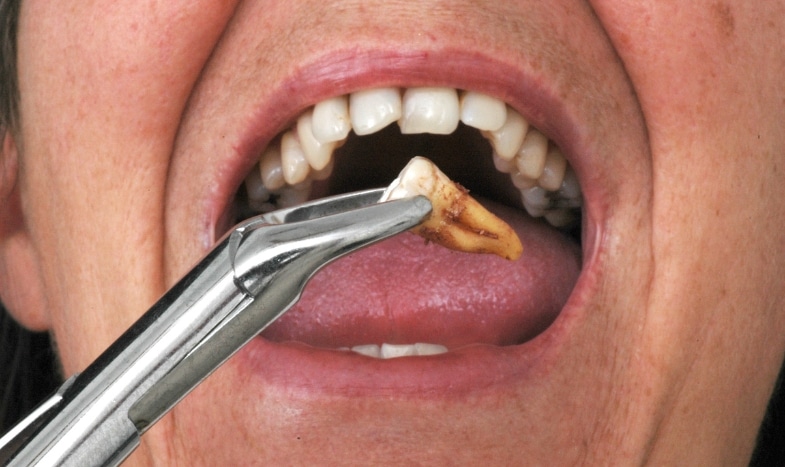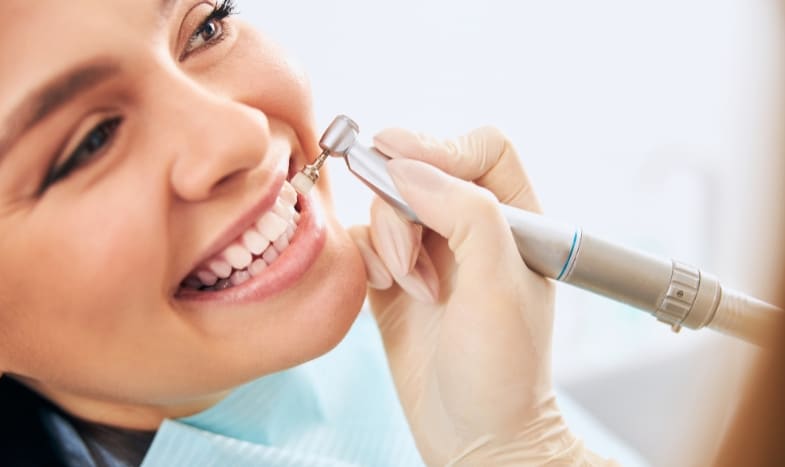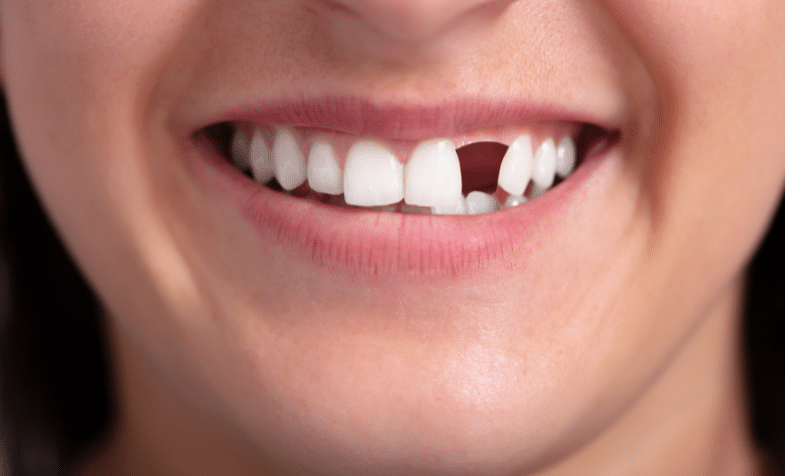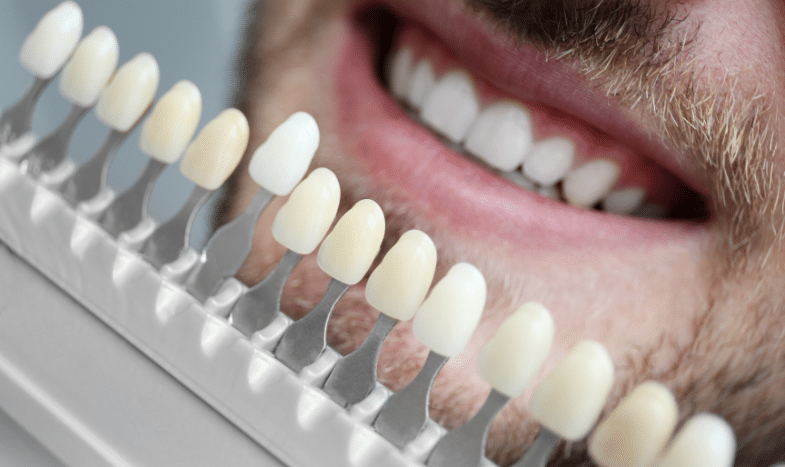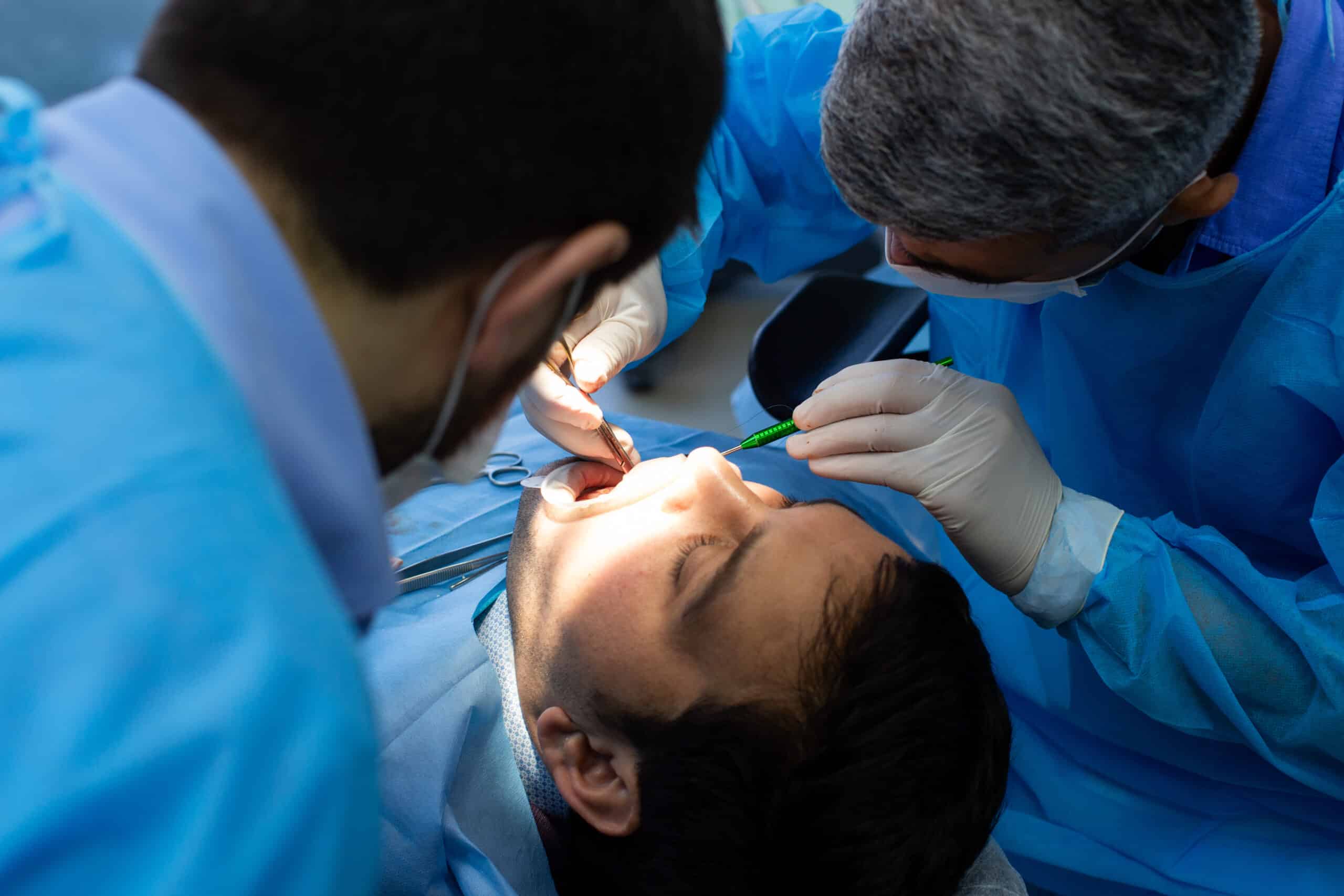
Who is The Right Patient For Sedation Dentistry?
Are you one of those people who cringes at the mere thought of visiting a dentist? Do you find yourself filled with anxiety and fear every time you have to sit in that dental chair? If so, then sedation dentistry might just be the solution for you. Sedation dentistry has become increasingly popular over the years as many patients seek ways to overcome their dental phobia and anxiety. In this blog post, we’ll explore what sedation dentistry is all about, its benefits and risks, who needs it, when to consider it, how to choose the right dentist for it, as well as recovery and aftercare tips. So if your fear of going to the dentist is holding you back from achieving optimal oral health care, read on!
Overview Of Sedation Dentistry
Sedation dentistry is a dental practice that involves patients taking medication to help them relax and stay calm during their dental procedures. It is typically used for patients with dental phobia or those who require extensive dental work. Sedation can be administered in different forms, including laughing gas, oral sedatives, and IV sedation.
Types Of Sedation Dentistry
There are three types of sedation dentistry: laughing gas, oral sedation, and IV sedation. Laughing gas is inhaled through a mask; oral sedation involves taking medication before the appointment; and IV sedation is administered directly into the bloodstream by an anesthesiologist.
Laughing Gas
Laughing Gas is a mild form of sedation that involves inhaling nitrous oxide. It helps patients to feel more relaxed and at ease during dental procedures. The effects wear off quickly, allowing patients to resume their daily activities after the procedure.
Oral Sedation
Oral sedation involves taking medication before the dental procedure to help you relax. The dosage depends on your anxiety level and the complexity of the treatment.
IV Sedation
IV sedation is the strongest form of dental sedation. It puts patients in a deep sleep state and requires close monitoring from trained professionals. The effects can last for several hours after the procedure.
Benefits Of Sedation Dentistry
Sedation can help patients relax and reduce anxiety during dental procedures. It can also make long or complex treatments more comfortable, improve patient cooperation, and potentially shorten the time needed for certain procedures.
Who Needs Sedation Dentistry?
Sedation is recommended for those with dental phobia, low pain tolerance, extensive dental work, and a strong gag reflex. It helps patients relax during procedures and feel more comfortable.
Dental Phobia
Dental phobia is a common reason for patients to seek sedation dentistry. Fear of dental procedures can cause extreme anxiety, resulting in avoidance of necessary treatments. Sedation can help these patients relax and receive the care they need without fear or discomfort.
Low Pain Tolerance
Some people have a low tolerance for pain, making dental procedures unbearable. Sedation dentistry is an excellent option for these patients, as it can alleviate their anxiety and discomfort during treatment.
Extensive Dental Work
Patients who require extensive dental work can benefit greatly from sedation . This includes procedures like root canals, extractions, and full-mouth restorations. Sedation can help patients relax during longer appointments and prevent them from feeling discomfort or anxiety.
Gag Reflex
Some people have a strong gag reflex that makes dental procedures uncomfortable. Sedation can help these patients relax and undergo treatment without discomfort or fear.
When Should You Consider Sedation Dentistry?
If you have extreme dental anxiety or fear, sedation dentistry can make your visit more comfortable. You may also want to consider it if you have a low pain tolerance, extensive dental work needs, or a strong gag reflex.
Who Is Not A Good Candidate For Sedation Dentistry?
This process may not be appropriate for those who have certain medical conditions such as obstructive sleep apnea, severe obesity, or respiratory problems. Additionally, pregnant women and individuals with a history of substance abuse may not be good candidates for sedation dentistry.
Choosing The Right Dentist For Sedation Dentistry
Choosing the right dentist for the treatment is crucial. Look for a licensed professional who has experience with various sedation techniques and can tailor treatment to your individual needs. Ask about their training, credentials, and success rates before making a decision.
Recovery And Aftercare
After the procedure, it is important to have someone accompany you home. You may feel drowsy and need some time to rest. Follow your dentist’s instructions for aftercare, including oral hygiene and avoiding certain foods or activities.
Bottom Line
Sedation dentistry can be a life-changing option for many patients who suffer from dental anxiety, low pain tolerance, gag reflex, flex reflex, or extensive dental work. With the different types of sedation available, patients have the opportunity to choose what works best for them and their specific needs.
When considering this procedure, it is important to find a dentist who has the experience and proper training in administer sedatives safely. It is also crucial to follow pre- and post-operative instructions carefully for optimal results.
With the benefits that come along, such as reduced anxiety and discomfort during procedures, patients are more likely to receive necessary dental care without fear or apprehension. Speak with your dentist about whether or not you may benefit from this type of treatment; it could make all the difference in achieving a healthier smile!
